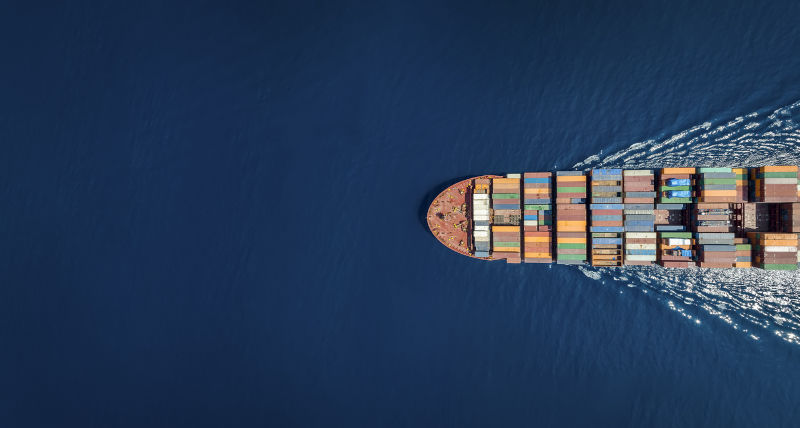To justify nuclear submarines as protecting trade routes is nonsense
Mar 22, 2023
We just need to look at the facts to see how foolish the assertion is that SSNs have the capacity to prevent disruption to our trade in the event of a war. Forty percent of our exports are to, and 20% of our imports are from, China. Throwing money at submarines weakens the national economy. Investment for war is a global and national negative.
On 19 March Australia’s deputy prime minister and minister for defence, in front page news on the Sydney Morning Herald and The Age, opined that:
“With 99 per cent of Australia’s trade coming from ships, Marles says the nation is very reliant on trade by sea and that needed to be protected.”
But there was more from these newspapers, once bastions of independent journalism now adjunct to an entertainment outfit and promoters of AUKUS, reporting without question that:
“Defence Minister Richard Marles says Australia’s fleet of nuclear-powered submarines will help deter a foreign adversary from launching a shipping blockade which could cut off the country’s trading routes from the rest of the world.”
Forty years ago, when I was head of the North Asia Branch of Foreign Affairs, I was very conscious that forty percent of our exports went to North Asia: to Japan, South Korea and China. This we had to sustain.
In 2020, 40% of exports went to China, 12% to Japan, 6% to South Korea. Of our exports the top items were: 31% iron ore, 14% coal, 10% petroleum gas. The share of exports to North Asia has increased, especially to China.
These major bulk exports are from Western Australia (iron ore and gas), coal from Queensland and New South Wales. Travelling via ship, they for the most part travel to North Asia, in the proportions above. What Minister Marles calls “our trading routes”.
Are we supposed to avoid mentioning that the main foreign adversary to these trade routes, to be challenged by Australian submarines, is China, when China is the destination of 40% of our exports, and source of 20% of our imports.
Who owns the ships that carry our exports? In recent decades, major miners Rio Tinto and BHP have their own ships, and with Greek-Cypriot Star Bulk Carriers and German-based Oldendorff are pursuing an “iron ore green corridor” between Australia and North Asia, objective zero carbon equivalent by 2050. Fortescue is ahead of them with a zero emissions objective by 2030. The miners generally lease their ships, this article by boilingcold.com.au describes the general pattern of leasing from a Singapore company. I note that the current batch of Rio Tinto ships is being built in China.
LNG Carrier market – growth, trends, COVID-19 Impact, and forecasts (2023 – 2028) offers information on the LNG carrier market. Australia is not in this league.
So, we have to ask what the minister expects may happen, by the time we acquire these submarines, that might alter our pattern of trade? Among changes I can see is development of ASEAN to be the fourth largest economic power after China, the US, and EU. I can also see Indonesia with its non-aligned status continuing to allow Australian commercial traffic through the archipelago but perhaps objecting to the passage of nuclear submarines. I can also see a big shift from a dollar-centric global economy to transactions in other currency and thus a decline in the manipulative capacity of the US towards countries that don’t toe the line. We will no longer be in a US-dominated world pushed by military supremacy.
We are likely also to suffer more from structural weaknesses in the Australian economy. OEC’s complexity ranking puts Australia far down the list of knowledge intensity of our trade. We have fallen from 33rd to 74th, while for example Chinese Taipei has risen from 22nd to 3rd, South Korea from 32nd to 5th. There is a failure to invest in processing resources, and in building other knowledge based industries, especially as necessary for transformation to renewable energy. Selling education services has been valuable, but distorts the focus of our education institutions.
Buying nuclear submarines, including payment to US and UK shipyards, has been promoted by the prime minister as good for jobs. But investing comparable amounts in economic reform, education, and health and community services would provide far more sustaining value for Australia, and more jobs. As would also a strategic purpose to strengthen friendship with other countries. Making Australia worth defending.
Investment for war is a global and national negative.




